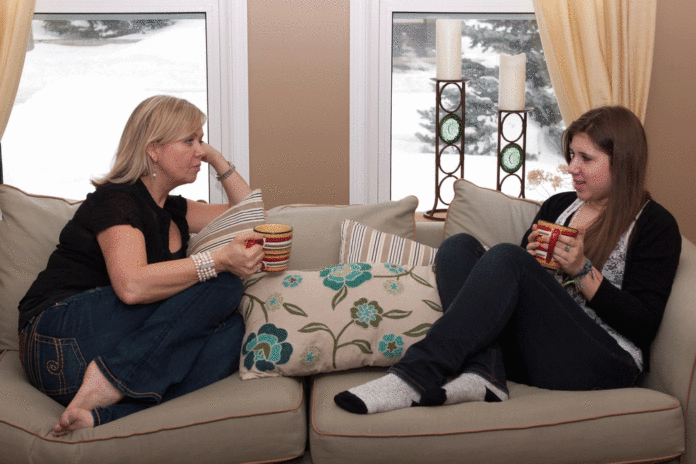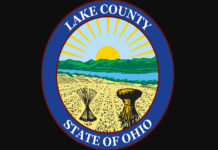Making the right parenting choices can be tricky. The thin line between empowering a child’s success and enabling them with an easy way out is a tightrope many parents struggle to walk.
Insert the fact that said child struggles with an addiction, and that line becomes downright blurred. Good intentions of offering your child support to overcome the disease often morph into impulsive actions to solve the immediate problems addiction creates.
For some parents that means spotting their full-grown “child” money for another month’s rent, even though they promised last month would be the last time. For others it means cleaning up a mess – physical, metaphorical or otherwise – created by their child under the influence.
“I think what parents get wrong is they’re driven by their own anxiety and act too quickly on it,” said psychologist Jeffrey Bernstein, Ph.D. “They often have a reflexive urge to take away their child’s pain, and they overlook the impact that it has on the child if they solve the problem for him or her.”
Bernstein, author of “10 Days to a Less Defiant Child,” specializes in child, adolescent and family therapy. Much of his work coincides with addiction issues and parents who struggle to draw the line between supporting their child in recovery and fixing their problems for them.
“Many parents have a hard time delaying their own gratification,” he said. “They confuse taking away the addict’s pain with solving the problem.”
Understanding the difference
Enabling in the context of addiction is defined by PsychToday as “removing the natural consequences to the addict of his or her behavior.” Enablers, often with good intentions, fix the problems of others in a way that interferes with the addict’s growth and responsibility, Bernstein said.
“The best way to empower is to reinforce positive actions,” he said. “Say, ‘Hey I’m really proud of you for that,’ or, ‘I’m glad you pushed through that craving.’ Use verbal praise to reinforce specific actions in which your child is making choices to get themselves better.”
Robert J. Meyers, Ph.D, who has worked in the addiction field for 29 years, currently leads a research association at the University of New Mexico’s Center on Alcoholism, Substance Abuse and Addiction. He teaches parents to… (continue reading)
















